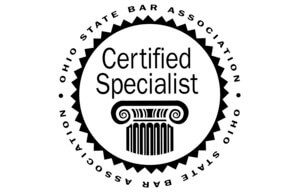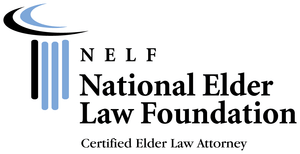Ohio Medicaid Application
/Qualifying for Ohio Medicaid coverage of nursing home expenses is a detailed, time-consuming process. Each and every unnecessary day of private payment caused by inaccuracy or inefficiency in this process will cause unreimbursed expense of $220-$300.
Our firm provides a wide range of services in conjunction with the application process including assistance in assembling the information necessary to complete the Ohio Medicaid application; compiling the documents required to support the application; attending meetings with the Ohio Medicaid caseworker as a family representative during the application process; tracking the documentation required by Medicaid when money must be spent down prior to Ohio Medicaid approval; and, consulting with the family prior to the mandated annual Ohio Medicaid re-determination. An essential component of our representation is ensuring that you receive every benefit to which you are entitled under the law.
The Department of Job and Family Services located in the County where the applicant for Ohio Medicaid resides will conduct an interview with a family member or Authorized Representative. A detailed application must be completed by this person, and all information must be verified by bank statements, canceled checks, tax returns, etc. The caseworker will use this information to:
1. Review all resources (assets) owned by the institutionalized person and their spouse in the community beginning on the date of the first medical stay outside the home longer than thirty days ("snapshot date"). All assets belonging to either spouse will be pooled together. There is an automatic presumption on joint accounts with non-spouses that 100% is available to the institutionalized person.
2. Divide Assets as either "exempt" or "countable".
3. Identify any transfers for less than fair market value (gifts) made within the look back periods, and assign periods of ineligibility for assistance by reason of "improper transfers".
4. Determine the "resource allowance" permitted to be kept by the spouse in the community.
5. Require a "spend down" of countable assets above the resource allowances.
6. Establish a minimum monthly income allowance for the Community Spouse.
7. After completion of the "spend down", the institutional spouse will be entitled to receive Medicaid benefits to pay for the custodial care, including the nursing home expense as well as prescription costs and other miscellaneous medical expenses not covered by Medicare, and the Community Spouse will retain the asset and income allowances.
An application should not be made for Medicaid until and unless the applicant knows precisely what the result of the application will be. Filing too soon or too late can cost the applicant thousands or even tens of thousands of dollars. Moreover, it is likely that, with guidance, an applicant will be able to qualify for assistance sooner, and just one month can save eight thousand dollars or more! Legal fees for Medicaid counsel and advocacy qualify as a spend down item.





